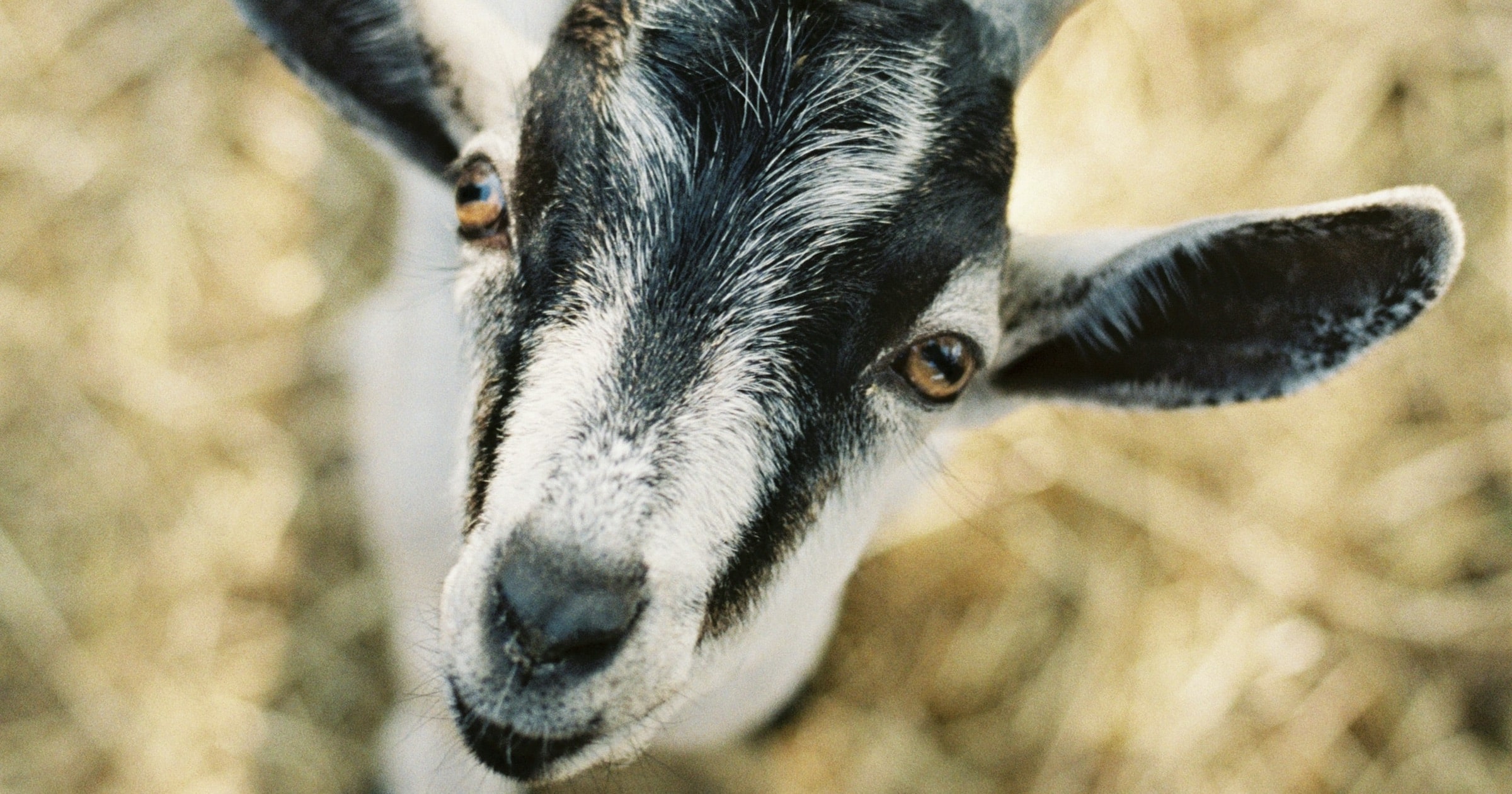 Intelligent Design
Intelligent Design
 Neuroscience & Mind
Neuroscience & Mind
Researchers: Goats Can Read Basic Human Emotions

Readers may wonder at first whether this research was worth doing, but hang on. It turns out that goats can understand basic human emotions by voice alone, according to University of Hong Kong research, co-led by Prof Alan McElligott at City University of Hong Kong and Dr. Marianne Mason of London’s University of Roehampton:
In the experiment, goats listened to a series of voice playbacks expressing either a positive (happy) or a negative (angry) valence during the habituation phase, i.e., when the goat becomes accustomed to the human voice and valence, so they would respond less as the phase progressed. The recording was then switched from a positive to a negative valence (or vice versa) before being reversed.
“We predicted that if goats could discriminate emotional content conveyed in the human voice, they would dishabituate, looking faster and for longer towards the source of the sound, following the first shift in valence,” said Dr. Marianne Mason, University of Roehampton, UK.
MICHAEL GIBB, CITY UNIVERSITY OF HONG KONG, “RESEARCH SHOWS GOATS CAN TELL IF YOU ARE HAPPY OR ANGRY BY YOUR VOICE ALONE,” PHYS.ORG. THE PAPER IS OPEN ACCESS
When the emotional valence changed, 75 percent of the goats looked at the speaker for a longer time. That suggested that the goats had indeed sensed a change in emotional content.
Dogs, Horses, Livestock
Dogs and horses are well known to be sensitive to human emotions but, it can be argued, that is why humans form close relationships with them. What about livestock — animal species that we work with, and maybe live with, but are less likely to bond with? If they also can sense human emotions, that fact should be factored into their care, the researchers argue:
… the results are essential for adding to our understanding of animal behaviour, welfare and emotional experiences, especially since goats and other livestock will hear the human voice in their daily lives. Negatively valenced voices, like angry ones, may cause fear in animals. In contrast, positive ones may be perceived as calming and may even encourage animals to approach and help with human-animal bonding.
CITY UNIVERSITY OF HONG KONG, “BY YOUR VOICE ALONE”
Reason and Moral Choice
It shouldn’t be very surprising if a wide range of animals can understand the most basic human emotional states, like contentedness vs. anger or maybe fear. After all, those are precisely the elements of the mind that we all share. What animals don’t understand are reason and moral choice, the elements we don’t share. The goat may sense that the human is angry but she does not think “I wonder if he is angry because the price of feed has gone up?” or “It’s not morally right for him to go around shouting at everyone like that! It’s not our fault if the feed price went up!” She responds to simple emotion because that is what she understands. In the same way, humans can understand, and even study, the animal emotions we share.
Interestingly, this distinction plays a role in arguments about the immortality of the soul. As philosopher Edward Feser writes, “ … it is because human beings are rational animals that our souls can survive the deaths of our bodies, since … rational or intellectual powers are essentially incorporeal.” The underlying assumption is that abstractions, ideas, and moral principles are immaterial (incorporeal); thus the aspect of our minds that apprehends them must be too. The basic emotions that we share with animals are, on that view, more rooted in physical nature.
One outcome of this view, of course, is that, as Christof Koch has complained, it meant that no dogs, including his beloved Purzel, go to heaven. However, C. S. Lewis had thought of a possible way around that problem. For more on that story, see “Do Any Dogs Go to Heaven? If So, Why?”
